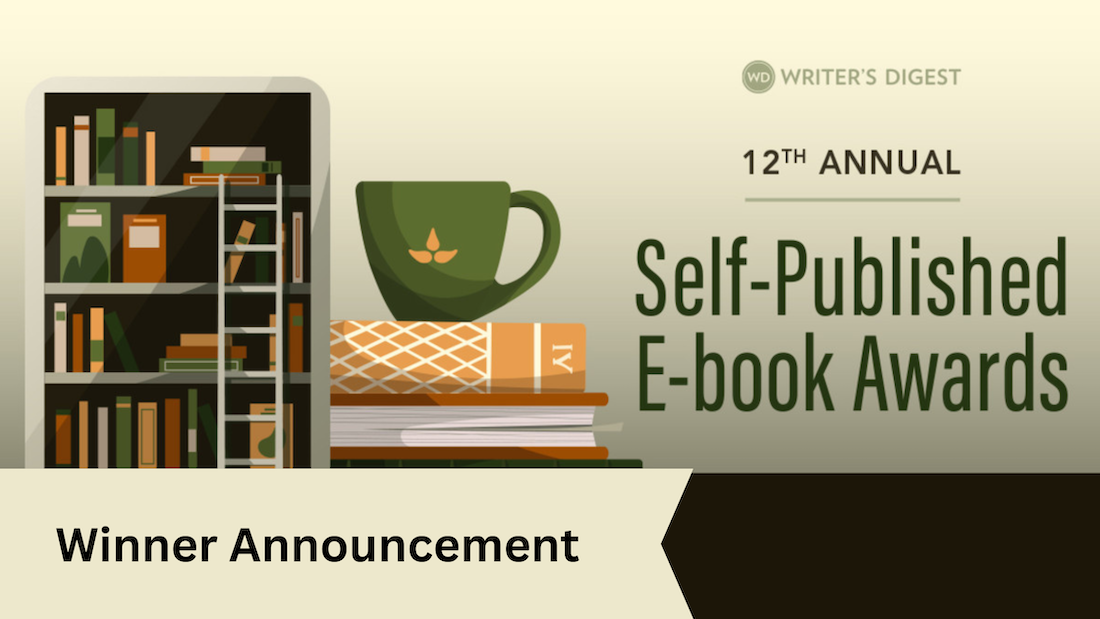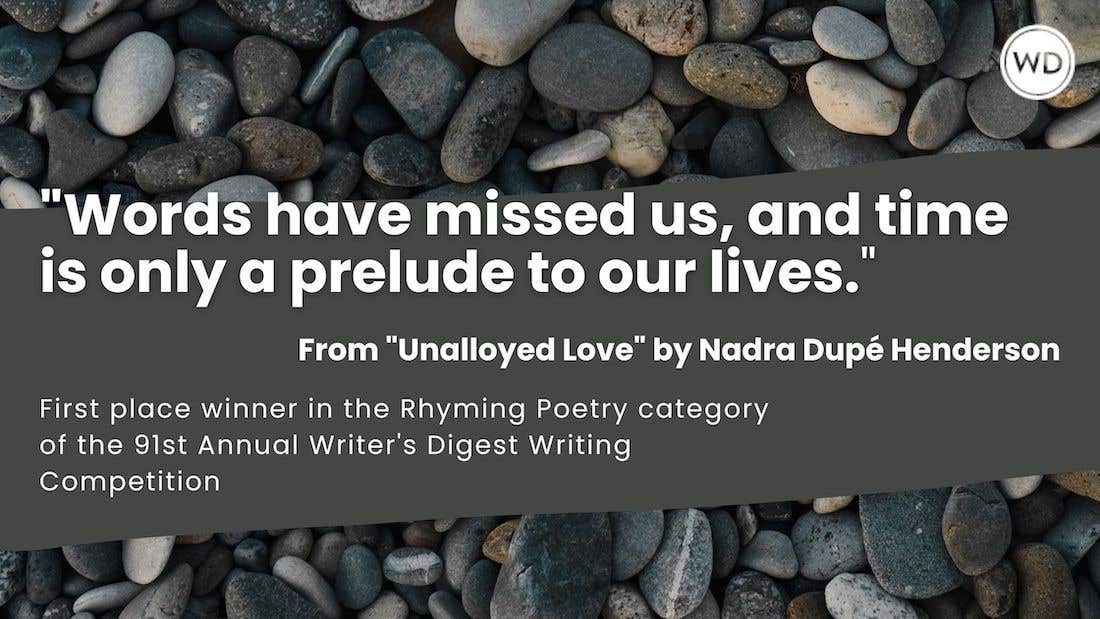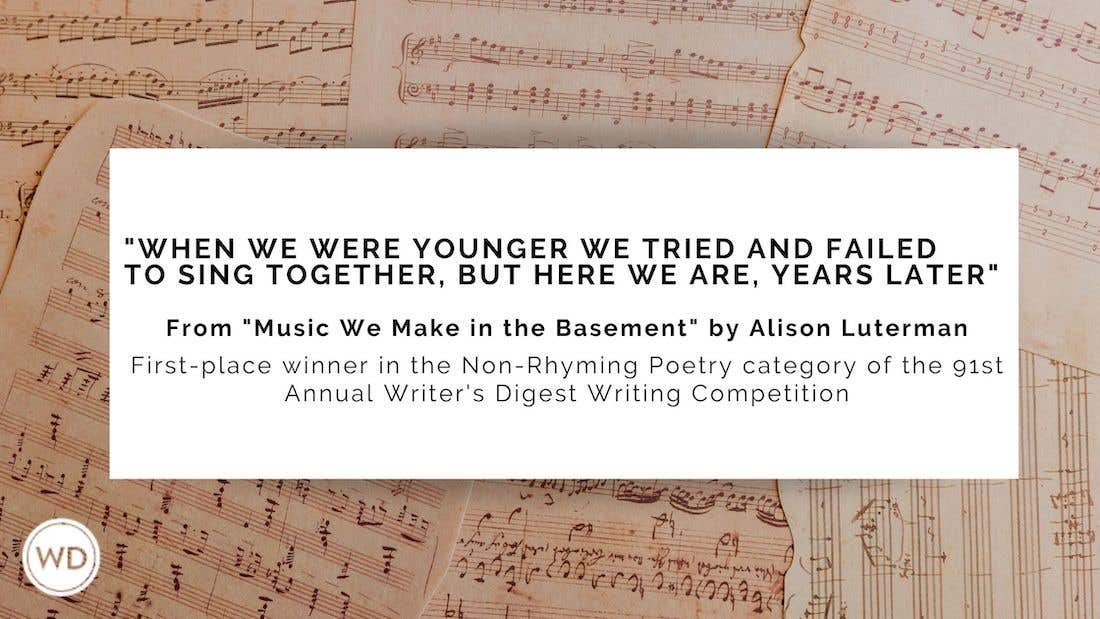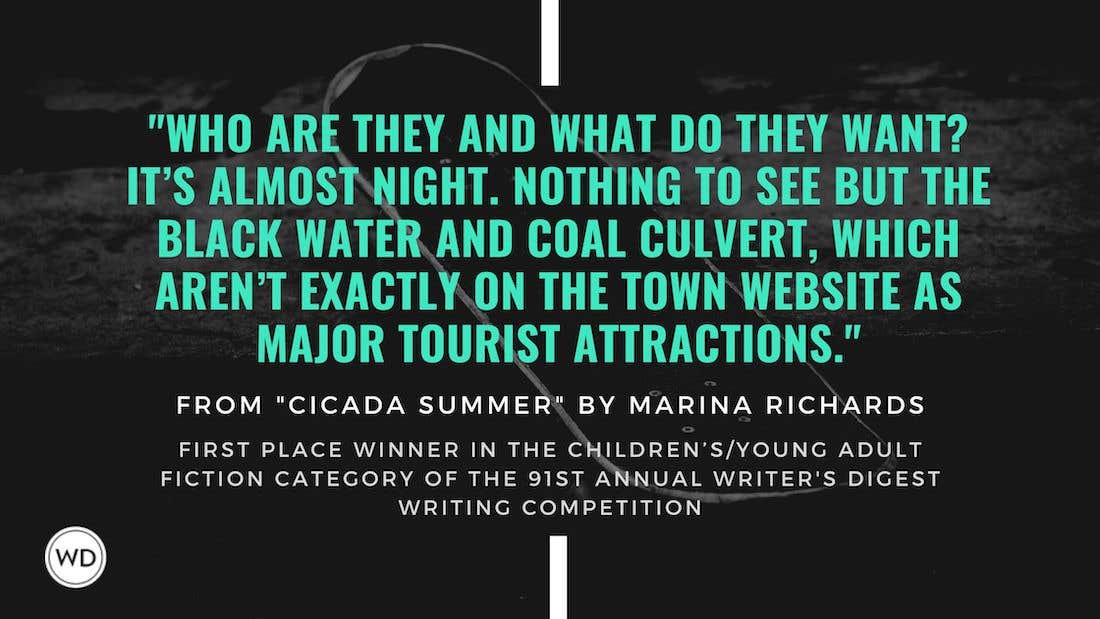Interview with Grand Prize Winner: Julie L. Moran
“Lunch with Debbie” by Julie L. Moran is this year’s grand-prize winner.
What is your background and when did you decide to start writing?
I was born on a U.S. Air Force base in Madrid. We moved to Texas when I was very young, where we lived for several years until my family moved to upstate New York the summer before I entered fourth grade. I have two sisters and two brothers (including my twin), so we had a full house growing up. I used to enjoy spending time alone outside in the woods, imagining characters and worlds, making up stories in my head and occasionally writing them down. After college, I went to law school in New York City where I met my husband, Sean. After graduation, we both practiced law for several years, and had two wonderful children, a daughter Katie and a son Sean. During this time, I began to do some freelance writing, and sold several non-fiction articles and a non-fiction book. In 2001, we moved to California. After deciding I was too long out of law school to suffer through the bar exam again, I began to pursue my original passion of writing full-time. I went back to school and earned a Master’s of Professional Writing degree from USC. Afterward, I worked on several books for a career and business guide publisher. More recently, I decided to pursue my lifelong dream of writing fiction, which I’ve been doing for the past few years.
What do you think are the biggest benefits and challenges of writing short fiction?
Writing short fiction allows you to explore who you are and where you’ve been, as the process by its nature involves filtering your experiences and emotions and expressing them through a structured medium. It’s both fun and, in a sense, therapeutic. It’s also difficult because every word has to count, but this can also promote growth as a writer, since writing short fiction forces you to develop an economy with words and discover the essence of your characters and the story you’re trying to tell. It’s also hard to know when a story is finished, since one can rework the same story forever. I find it helpful to work on a piece until I can’t stand to look at it anymore, then put it away for a while and bring it back out for a fresh look.
Describe your writing process for this story.
While the idea for the story came to my mind recently, I'd have to say it grew out of a personal loss. I didn't truly comprehend the profound sorrow of losing a loved one until some years ago when I lost both of my parents. Having gone through the grieving process, I understood what’s it’s like to have episodes of what can best be described as a kind of temporary insanity, like my character Jolene who sets a place at the table for her daughter. I've come to realize from reading and talking to others that this is fairly common after experiencing a crushing loss. I decided to explore grief through what I hoped was a fresh angle of the physical and mental toll it can take. I never set an imaginary place at the table for my mother or father, but I did wake up some mornings and convince myself that if I got in the car and drove to Albany they would be there, or if I just picked up the phone and dialed their number, they would answer.
How long have you been writing? How did you start? Do you write full time?
I’ve loved to write since I was in middle school, when I started writing short stories, mostly bizarre and creepy tales. I wasn’t a demented child—it’s just that the author who evoked the desire in me to write was Edgar Allan Poe, and I also was fascinated with the novels of Joan Aiken, Shirley Jackson, Thomas Tryon, Bram Stoker, Stephen King, and others. I didn’t get back to writing outside of class work assignments until a couple of years after law school, when I started writing magazine articles as a sideline. After my first sales, I was hooked, and have been writing ever since.
Who has inspired you as a writer?
There are many authors whose work I admire and find inspirational, but in addition to those mentioned above, some favorites include Gabriel Garcia Marquez, Raymond Carver, Truman Capote, Mary Roach, Kurt Vonnegut, and Philip Roth. I also enjoy reading mystery novels. Lately I’ve been reading and writing YA fiction, and I’m a fan of novels by Gayle Forman, Meg Cabot, Amanda Marrone, Laurie Faria Stolarz, and Joan Lowery Nixon, among others.
Which genres do you write in?
I’m currently working on a young adult mystery novel, and I write adult fiction (both mainstream and mystery). Previously, I have written non-fiction articles and books as well.
Describe your typical writing routine.
When writing fiction, I find it helpful to create character biographies and outline the story using index cards or a notebook. I know some authors can write without outlining, but I prefer to know where I’m starting and where I’m heading, and then as I write, allow the characters and details of the story to unfold and take shape. I like to write at night and finish a little while before going to bed to allow my mind to stay in the story and work on it while I sleep. I also keep a notebook handy and a folder with snippets of dialogue and plot ideas or developments that occur to me. I find that fiction ideas need to percolate for a while before I start the actual writing, since a lot of story development occurs in my head and then later as drafts on paper.
What's the one thing you can't live without in your writing life?
Books—books on writing and “work horse” resources such as a thesaurus, dictionary, and tools like Writer’s Market and other reference guides (e.g., a guide to poisons while writing a mystery involving murder with poison). If I had to, I could write on paper bags or napkins (although I prefer my laptop), but I can’t do without my reference guides, and of course, good books in whatever genre I’m working in. I go on a tear, reading stacks of books between writing projects or drafts.
Where do you get ideas for your writing?
Dreams are an excellent source of ideas, as are human-interest stories gathered from print sources or other people. I find it helpful to keep a notebook by my bed and handy at other times, since the best ideas seem to hit at random. You can snatch interesting insights into the way other people live by reading about them and by meeting people and learning about their lives. Fiction is essentially a glimpse into other interesting (although fictional) people’s lives, living in their heads for a while, so I think meeting and learning about other people is a natural part of the process of creating characters and fiction stories.
What do you feel are your strengths as a writer? How have you developed these qualities?
I’ve been told I have a knack for writing dialogue. I do like to pay attention to how people talk and the patterns and ways in which people express themselves. I love to learn new expressions and colloquialisms. I also find that studying foreign languages has given me some appreciation for the ways people convey feelings and ideas and how it reflects personal and cultural views as well as one’s individual personality.
What are some aspects of writing you’ve struggled with? How have you worked to strengthen yourself in these areas?
In fiction, I think one of the hardest things is to dig deep enough to transfer emotion onto the page. When we create art, we don’t have that safe distance from the pain of our emotions that we do when experiencing the works of others. It’s too personal a process. It can be uncomfortable and even scary, but a writer needs to transfer real emotion onto the page in order for the reader to experience it as well. Also (and in a related vein), it’s difficult to develop the focus required in writing fiction as opposed to writing like a passive observer merely reporting events as they unfold. Reading a lot, analyzing what I read and why it made me feel a certain way, and writing regularly are the best ways I’ve found to try to strengthen these areas.
What is the best writing advice you’ve ever been given?
I’ve got to credit a few sources. My fiction professor at USC Gina Nahai encouraged me to develop a more intense and personal focus when writing fiction and to develop supporting characters as richly as the protagonist. My advisor and professor Madelyn Cain-Inglese encouraged me to write with confidence and not be afraid to take on challenges or worry about what others will think. This, as some of my fellow writers will understand, is difficult—many of us grapple with the fear of not being good enough as well as writing things that will be painful to us or will bother others. You have to relive what makes you afraid or makes you cry and expose what slithers around and hides in the closets of the people you know (including yourself). If you’re worried about writing something that will bother those you know or make you sound weird, don’t let your granny read it, but write it anyway. Professor Steve Mazur taught me to try to discover the essence of what I’m writing and distill its truth, and that a story needs to have high stakes, meaning something that is truly significant and that matters to the protagonist, for it to resonate with readers.
What’s your proudest moment as a writer?
This one is way up there [winning the WD annual writing competition]. But rather than stating the obvious, I’d have to say when I received my first sale to a magazine in response to a query letter I sent.
What are your goals as a writer: for your career and your work?
I’m going to keep writing full-time and I sincerely hope to publish novels and more short stories.
Any final thoughts or advice?
If you love to write, keep writing every day, or as often as you possibly can. It’s a skill, like driving a car or playing an instrument. While less a motor skill than mental one, the same rule applies: practice a lot and you’ll become good at it. You may not sell everything you write (and probably won’t) but time spent writing is never wasted.








